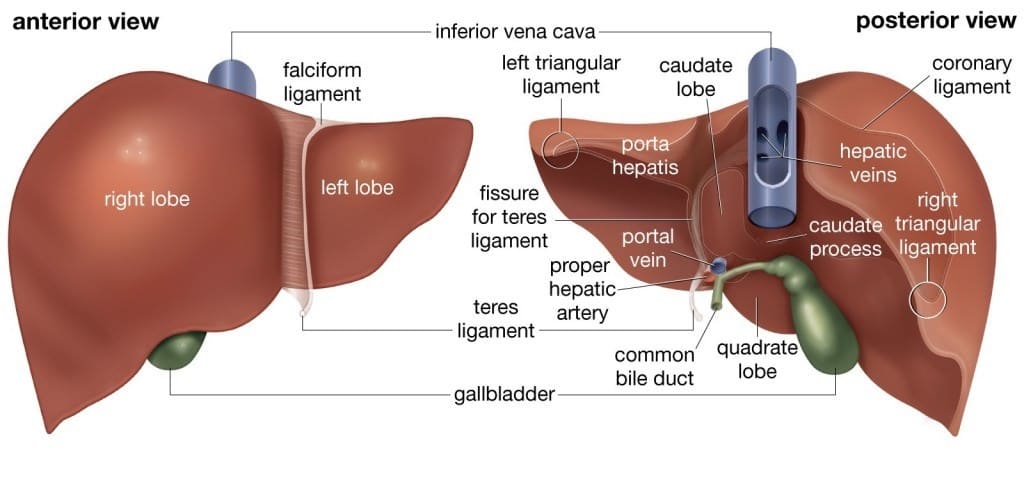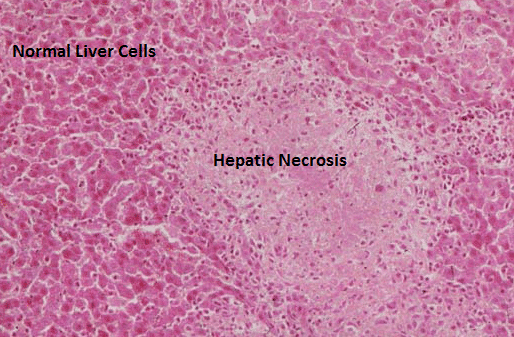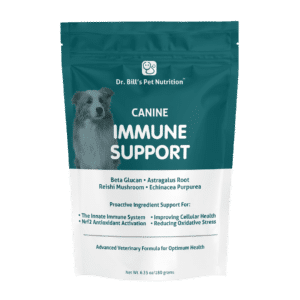General
Causes
Symptoms
Diagnosis
Treatment
Prevention
Acute Liver Failure
Canine Liver Disease
The liver is an important organ as it aids in digestion, blood clotting, and removes toxins from the system. If it is not working correctly, it can make your companion very sick. Liver damage can be acute (rapid) or chronic (slow to progress). The liver is one organ that can regenerate itself and liver disease in dogs can often be managed and often treated.

Causes of Liver Disease in Dogs
Sometimes liver problems can be a result of aging well as genetics or can be brought on by infection or trauma in the area. Other causes of liver problems may include:
- Certain plants, mushrooms and blue-green algae
- Mold that grows on grain (aflatoxins)
- Untreated heartworm infection
- Diabetes
- Pancreatitis
- Fatty foods
- Long-term use of painkiller
Symptoms
- Loss of appetite
- Weight loss
- Vomiting and diarrhea
- Increased thirst and urination
- Unstable walk
- Confusion
- Jaundice (yellowing of eyes, mouth, and skin)
- Weakness
- Blood in urine or feces
- Seizures
- Ascites (build-up of fluid in the abdomen)
Diagnosis
If your dog has symptoms of liver disease, see your veterinarian immediately. Blood tests, x-rays, ultrasounds, and biopsy can be used to provide a definitive diagnosis.

Treatment
Treatment can depend on what caused the problem as well as how soon the problem was identified. Diet change can often help as a special diet ensures your dog is getting the nutrients and calories needed to help the liver. Supplements such as SAM-E or milk thistle may also be beneficial. For dogs who have developed tumors or cysts, surgery may be an option.
Prevention
Eliminating fatty treats or a high fat diet (especially if your dog is not a high-performance animal) has been proven to decrease the likelihood of liver disease in dogs.
Acute Liver Failure
Acute liver failure is a condition characterized by the sudden loss of 70% or more of the liver’s function due to massive, hepatic necrosis (tissue death). This is most often caused by infectious agents, toxins, drugs, or chemicals that are destructive to the liver. Necrosis sets in, accompanied by the loss of liver enzymes resulting in impaired liver function and ultimately leading to complete organ failure. Acute liver failure also occurs due to extensive metabolic disorders in protein synthesis (albumin, transport protein, pro-coagulant and anticoagulant protein factors), and glucose absorption, as well as abnormalities in the metabolic detoxification process.
Symptoms
Acute liver failure from severe hepatic necrosis is an uncommon phenomenon, however, it can affect the body through a number of system failures:
- Gastrointestinal — Vomiting, diarrhea, blood in stool or urine
- Nervous System — Hepatic encephalopathy (brain disease related to liver failure)
- Hepatobiliary — the liver and gallbladder, jaundice, necrosis of the liver cells and bile duct cells
- Renal — The tubules of the kidney may be injured from toxins/metabolites
- Immune/Lymphatic/Hemic — Imbalances in the blood and lymphatic systems may lead to clotting complications
Diagnosis
Acute liver failure is diagnosed through a full blood workup (hematology), biochemistry analysis, urine analysis, biopsy and analysis of affected tissue, and ultrasound or radiology imaging. Blood and urine analyses will test for anemia, irregularities in clot promoting blood platelets, abnormally high liver enzyme activity, low blood sugar, the presence of ammonium urate crystals in the urine, and the presence of sugar and granular casts in the urine. X-rays and ultrasound tests may indicate an enlarged liver and other hepatic abnormalities.
Treating Liver Disease in Dogs
Hospitalization is vital for treating acute liver failure as fluids and electrolytes are two key aspects of treatment and care. Your dog should be placed on restricted activity to give the liver an opportunity to regenerate. It is also advised to have them on a normal protein diet with supplemental vitamins E and K.
This material is provided for educational purposes only and is not intended to diagnose or treat any disease or condition. All specific treatment decisions must be made by you and your local, attending veterinarian.
RELATED PRODUCTS










0 Comments